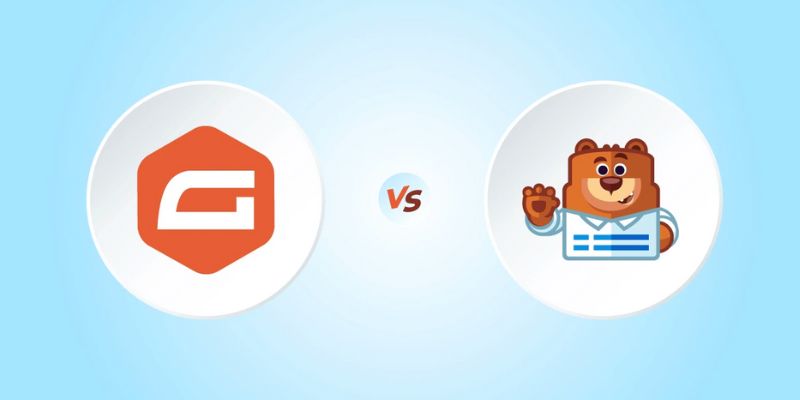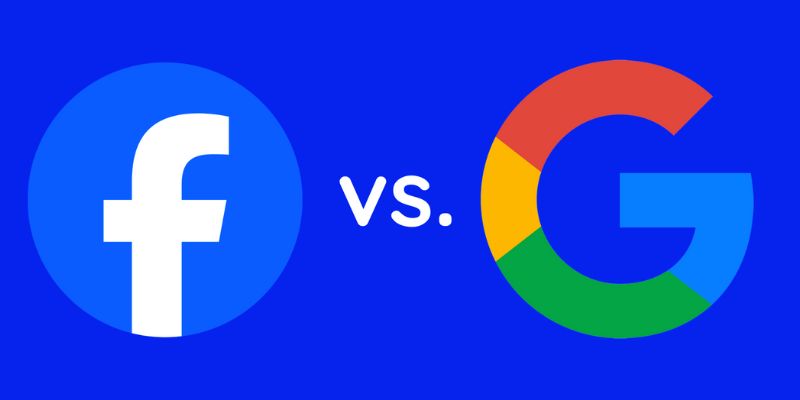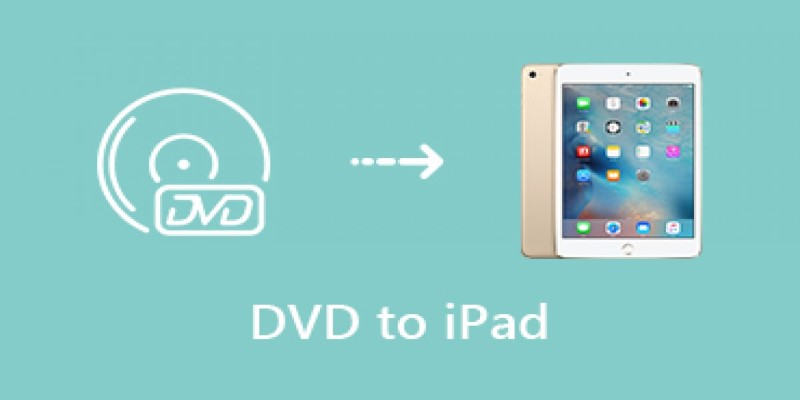WPForms vs. Gravity Forms: Which WordPress Form Plugin Is Best for 2025
Advertisement
Two of the most often used form plugins available for your WordPress site are WPForms and Gravity Forms. Understanding their distinctions is essential since both plugins have special qualities and satisfy various purposes. WPForms is ideal for novices or those looking for a quick, simple way to produce basic forms. Affordable and easy, it provides everything from payment gateways to contact forms.
Conversely, Gravity Forms provides great customizing choices, deeper integrations, and advanced capabilities, which fit consumers with more complex needs. This comparison will help you choose which plugin fits your needs and budget for 2025, whether you run a personal blog or a sizable corporate site. Let's explore the main variances between these two very effective instruments.

WPForms vs. Gravity Forms: Key Differences to Consider
Below are the key differences between WPForms and Gravity Forms to help you choose the best plugin for your site:
Ease of Use
WPForms is best for novices. The straightforward and understandable user interface lets you build forms with just a few clicks. You can quickly create a form by dragging and dropping fields into place. WPForms additionally provides pre-made templates to enable fast starting. Conversely, Gravity Forms has a more acute learning curve. Although it provides more personalized choices, beginners may find its interface intimidating. Gravity Forms could be worth the additional work if you know PHP and wish more control over your forms.
Features
WPForms provides many necessary tools for building simple to very complicated forms. It features simple interfaces with PayPal and MailChimp, drag-and-drop capability, spam protection, and email notifications. Advanced capabilities include user registration forms, surveys, and payment interfaces abound in the Pro version. However, Gravity Forms pushes customization to the next degree. It covers cutting-edge disciplines such as file uploads, multi-page forms, and conditional logic. Gravity Forms also provides improved connections with outside services such as email marketing systems and CRM solutions.
Pricing
For those on a tight budget, WPForms is perfect since it provides a free edition with minimum capability. The paid plans are reasonable; the Pro edition runs $199 annually. More sophisticated features and add-ons drive higher prices. By comparison, Gravity Forms does not have a free edition. Its pricing is $159 annually, and the developer package grants enhanced features and priority support, starting at $59 annually for the basic plan with basic features. Gravity Forms is more costly, but it could be well worth the money if you need strong features.

Support
Although WPForms and Gravity Forms provide strong customer service, the quality may differ depending on your plan. With all plans, WPForms offers email support; their support team is renowned for being timely and useful. The plugin also features video tutorials for self-help and a broad knowledge base. If you're experiencing technical problems, Gravity Forms offers top-priority support for its higher-tier services. The crew that supports you is quite good at offering answers for challenging issues. Additionally, having a thorough knowledge base and a community forum where users may exchange advice is Gravity Forms.
Add-Ons and Integrations
WPForms offers a reasonable range of add-ons, particularly for startups. It meshes nicely with well-known tools like MailChimp, PayPal, and Stripe. Its spectrum of integrations is small, nevertheless, compared to Gravity Forms. In this sense, Gravity Forms shines. With so many add-ons, it's a great choice for advanced users. You can include it with email marketing tools, payment gateways, CRM tools, and more. Constant expansion of the add-on library helps to maintain competitiveness in 2025.
Customization Options
Though WPForms is quite flexible, its design is simple in mind. Change colors, apply custom CSS, and alter field settings. It might not be as flexible as Gravity Forms if you wish for sophisticated adjustments. Gravity Forms provide far more customization. It lets sophisticated users change HTML, CSS, and JavaScript. It also provides custom notifications and conditional logic, which can produce unique interactions. Gravity Forms is the tool to use if you require extensive customizing.
Security
Gravity Forms and WPForms both give security great thought. WPForms incorporates Honeypot and CAPTCHA to stop bots from completing forms. The Pro edition includes sophisticated security features, including form entry encryption. Strong security elements provided by Gravity Forms include anti-spam protection and form submission restrictions depending on IP address. It's appropriate for websites handling private information, including consumer data and payments.
Who Should Use WPForms?
For someone looking for a simple, low learning curve form builder, WPForms is a great choice. Even for novices, its easy drag-and-drop interface speeds form construction. WPForms is the ideal tool for creating simple forms without sophisticated capabilities or if you are new to PHP. Because of its simplicity and reasonable cost, small enterprises, bloggers, and personal websites gain the most from this plugin.
WPForms may satisfy your needs for contact forms, newsletter sign-ups, or feedback forms without overloading you with pointless complications. The free version provides the basic capability for a broad spectrum of customers; the subscription versions provide more possibilities, saving costs.
Who Should Use Gravity Forms?
Users with more complicated needs and those who need advanced form capability may find Gravity Forms most appropriate. Gravity Forms offers the adaptability and customization choices you need if your website requires forms with conditional logic, multi-page navigation, and deep outside integrations.
Larger companies, developers, and agencies requiring fully tailored forms to fit their particular processes would find this great solution. The plugin provides advanced fields, improved CRM connection, email marketing systems, and payment gateways. Gravity Forms justifies the expense by providing many strong capabilities, enabling users to develop sophisticated forms even if the pricing is higher than WPForms.
Conclusion:
WPForms and Gravity Forms have unique benefits that fit different user requirements. Beginners or those looking for a quick, reasonably priced solution for basic forms will find WPForms ideal. Due to its simple features and easy interface, small companies and personal websites would find it perfect. Conversely, Gravity Forms shines for consumers with more sophisticated needs since it provides advanced customizing, integrations, and strong capabilities. It fits agencies, bigger companies, and developers more especially. Your decision will ultimately rely on the complexity of the forms you need and your 2025 budget.
Advertisement
Related Articles

Top 10 Media Player Alternatives to Windows Media Player

Best Business Banking Tools to Simplify Finance in 2025

How Pretto Uses Automation to Foster a Happier Company Culture: An Overview

Understanding the Differences Between Claude and ChatGPT in 2025

Best Vlog Editors for Every Device: 8 Tools You Should Try

Google Ads vs. Facebook Ads: Which is Best for Your Business in 2025

Great iMovie Replacements for PC with Smart Editing Features

Transfer Your Homemade DVDs to Apple Devices

How to Make a Funny Video: 6 Steps That Actually Work

Learn How to Rotate Videos in iMovie for Both Mac and iOS Devices

Best Software to Build Guided Product Tours

 novityinfo
novityinfo